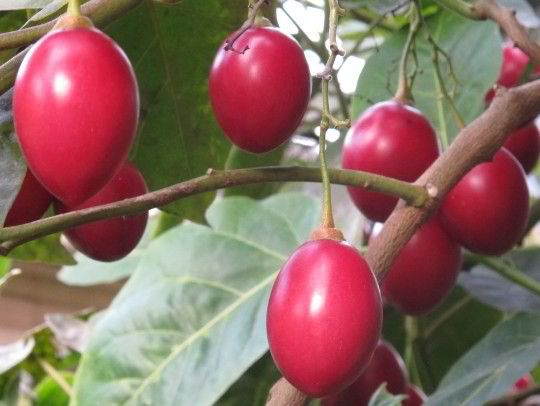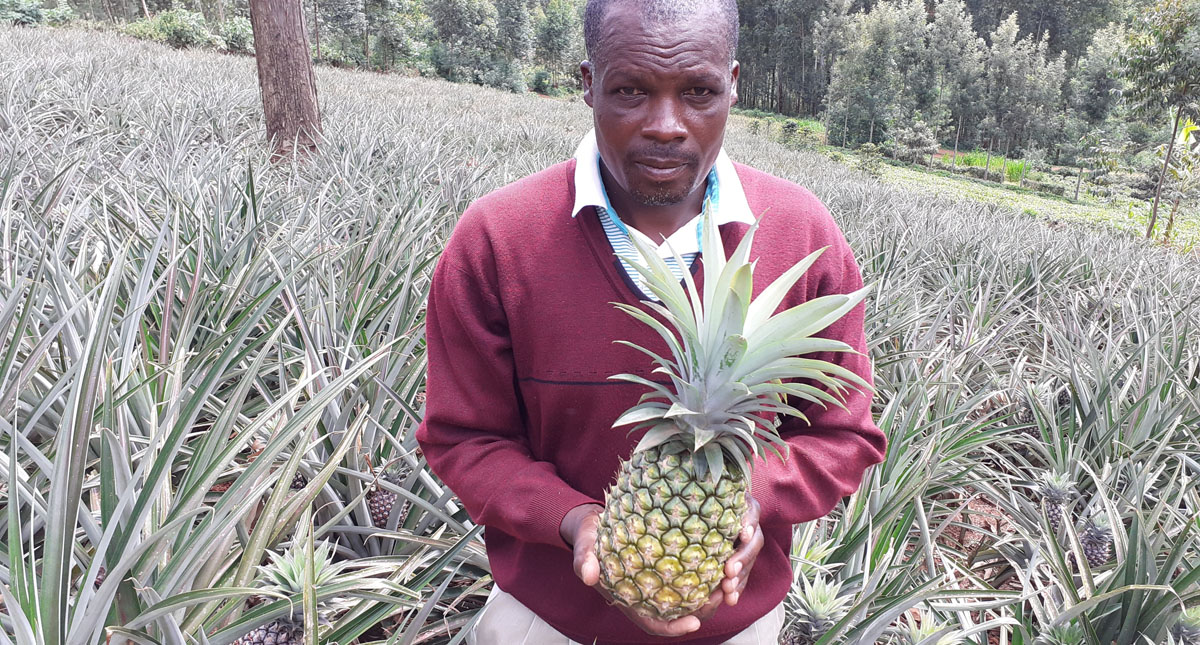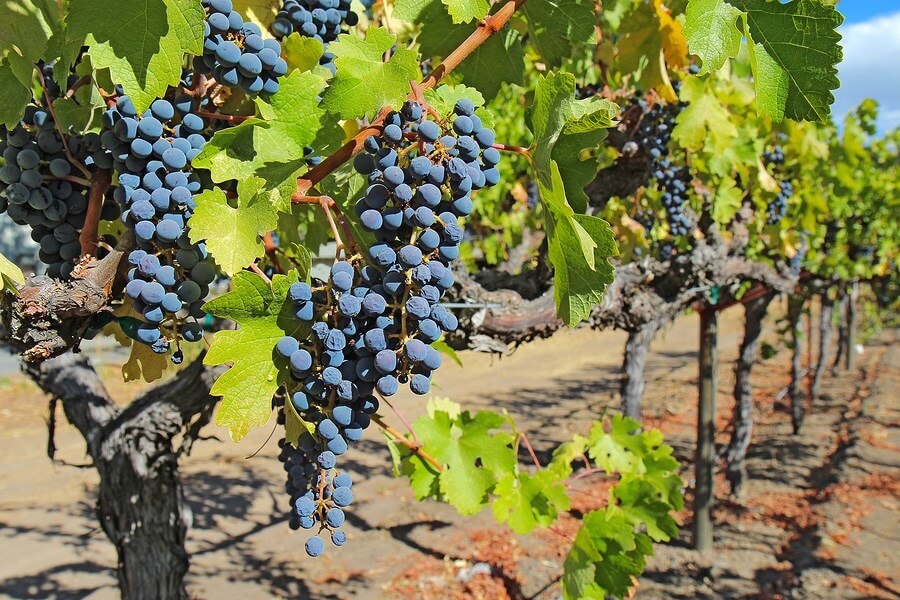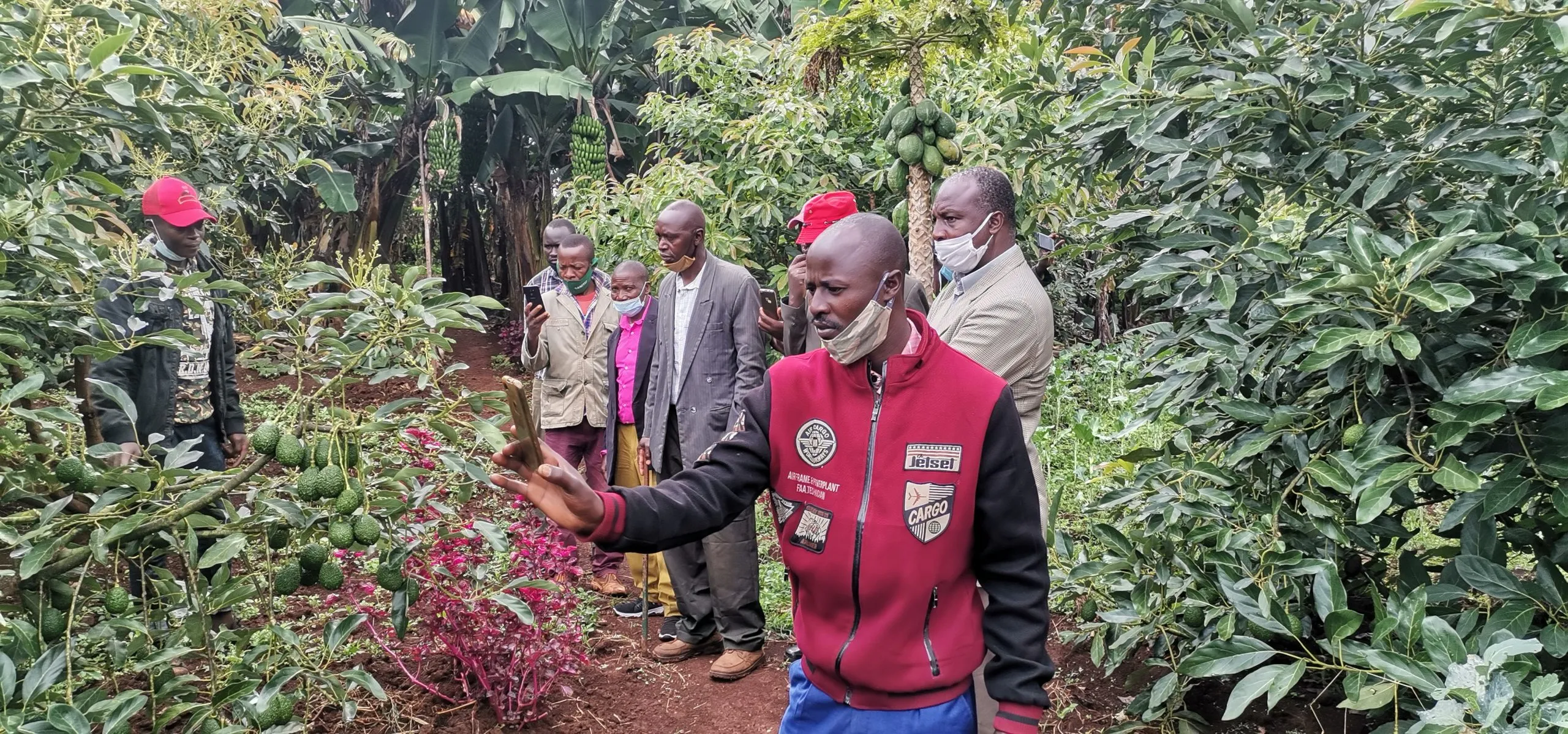Non-grafted tree tomatoes produce fruits after 1.5 to two years but may take a short time depending on environmental conditions while grafted tree tomatoes take eight months to fruit.
You will need to prepare the land thoroughly and then dig holes, which are 3m by 3m. As you are digging the holes, separate the top soil from sub soil. Mix the top soil (two spadefuls) with well-decomposed manure. When planting tree tomatoes, 200g of di-ammonium sulphate fertiliser should be applied for each plant. Two months after planting, each plant should be supplied with 250g ammonium nitrate or urea in a span of four months for four years. Spacing is 2m between rows and 1m between plants. Water the plants after planting or grow during the rainy season. Make sure that there is a source of water because the crop is not tolerant to drought stress.
Mulching will help to conserve water. The fruits are ready for harvesting when they develop the red or yellow colour depending on the variety. Fruit picking is done by snapping but a small stalk is left on the fruit. You can get tree tomato seedlings from Kalro, Thika or Kandara. Red oratia variety produces red fruits and is a good one. Grafted tree tomato seedlings are also available in the market.

Possible diseases
Tree tomatoes are fairly tolerant to pests and diseases but they are prone to powdery mildew and blight which can be controlled by applying copper oxychloride or neem extract.
The most common pests of are: aphids, thrips, white flies and nematodes. These pests can be controlled by application of extracts like African marigold, neem, garlic and chillies thrice a week. Field hygiene can also help control pests and diseases.
Challenges: The major challenges are pests and diseases
Where one can take the produce for sale without passing through middlemen?
Demand for tree tomatoes is higher than the supply, therefore, you cannot lack market for your produce. Tree tomatoes have a good market both locally and when exported. You can sell your tree tomatoes in supermarkets, groceries, Nairobi in Marikiti and Githurai, Mombasa, Kisumu and Eldoret. You can also do value addition by making juice or jam.
I have five acres on standby and the land is quite viable for this kind of farming, some 2km from Aberdare forest. Is the climate favourable?
Yes, tree tomatoes will do well in Nyandarua County.
If possible, can I get direct engagement on this matter, perhaps a phone or email contact?





